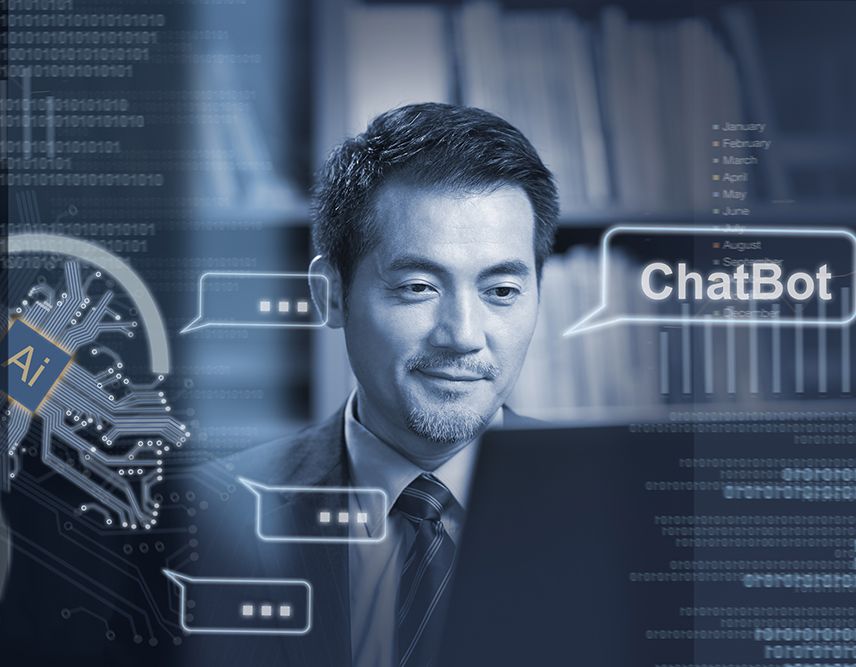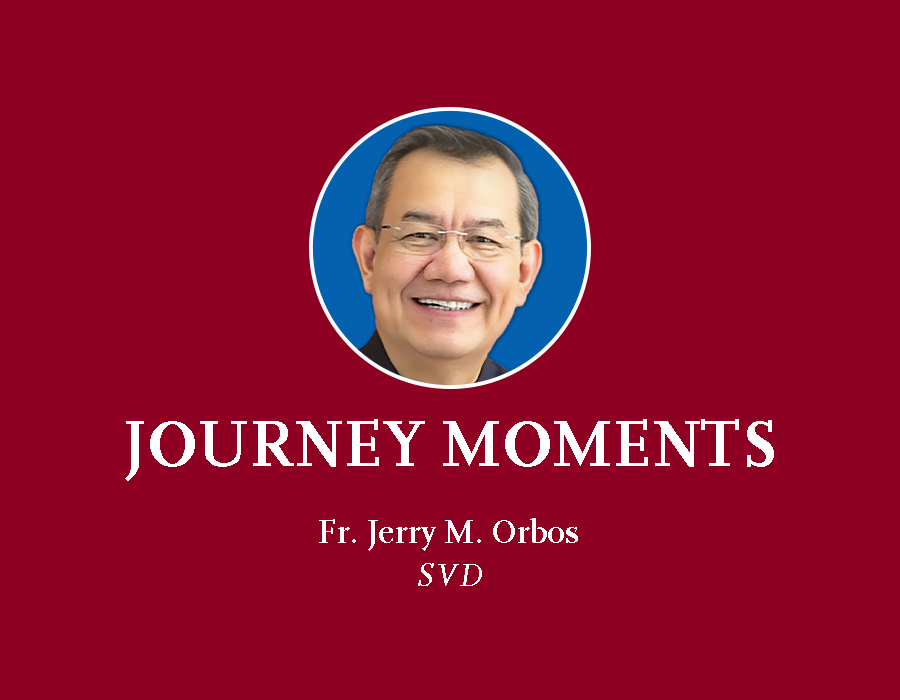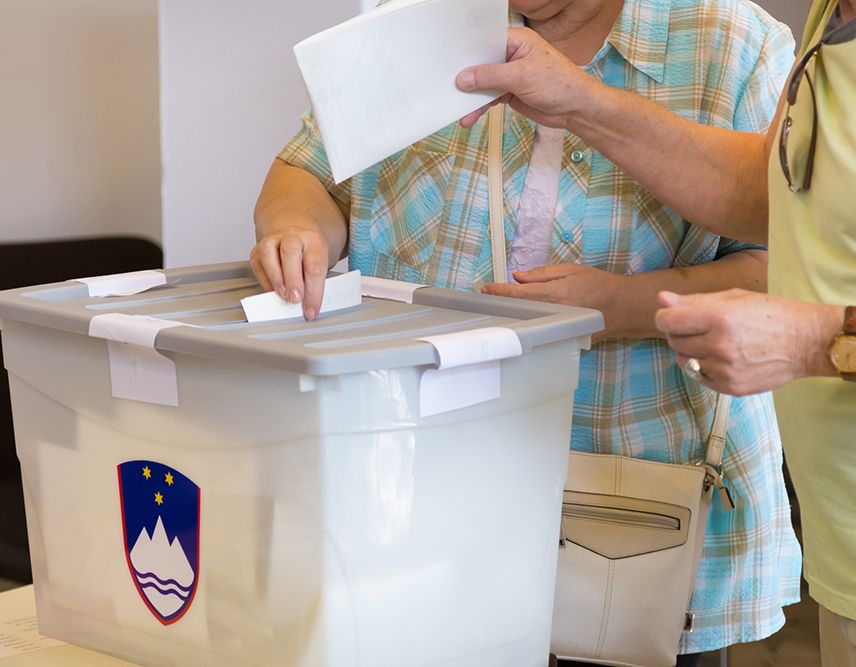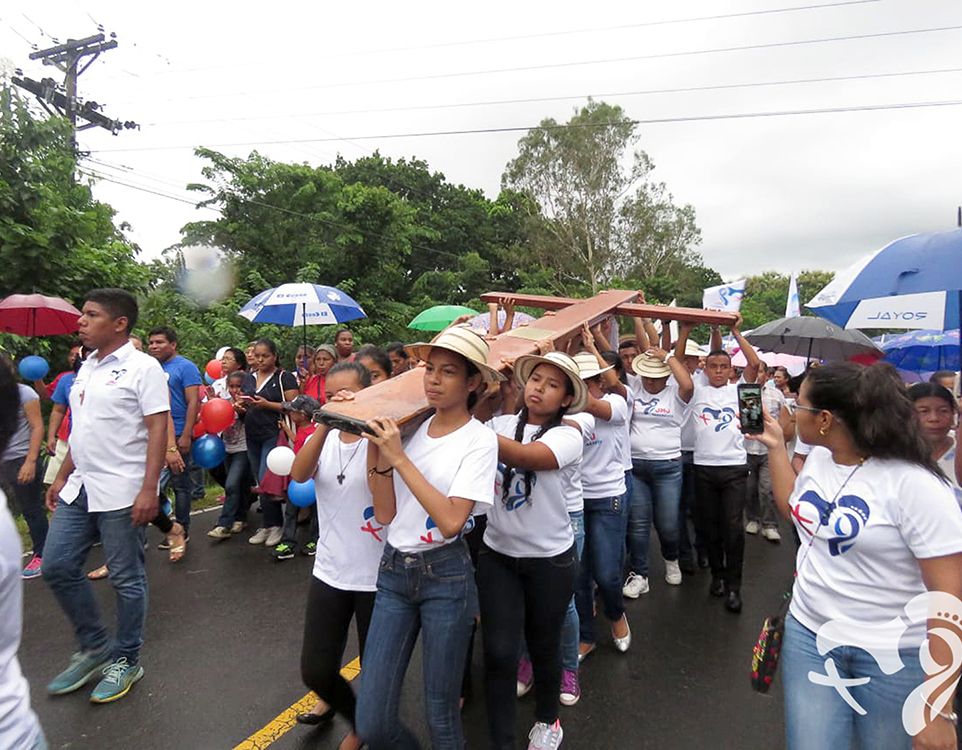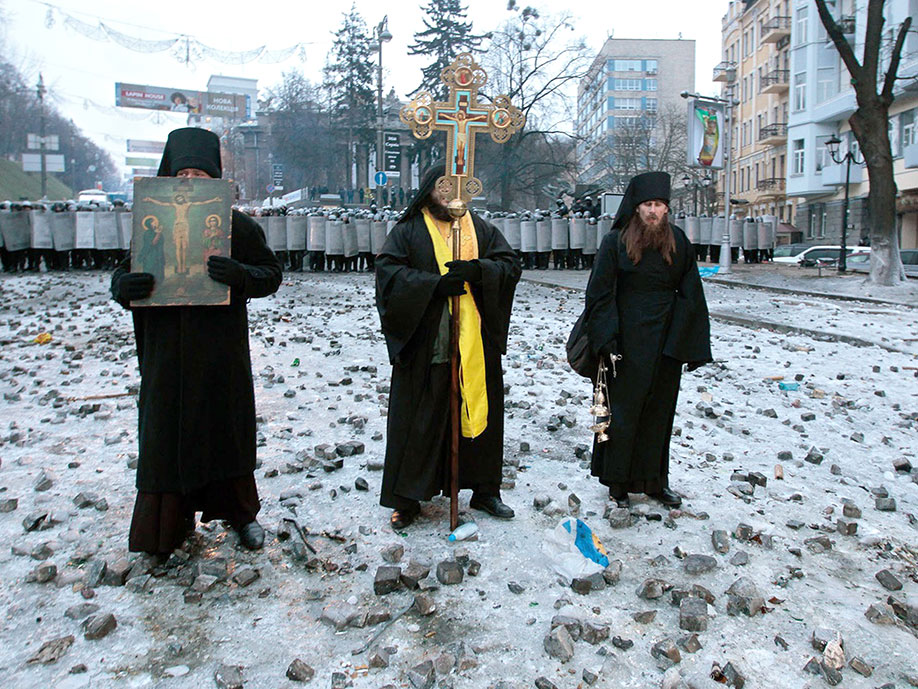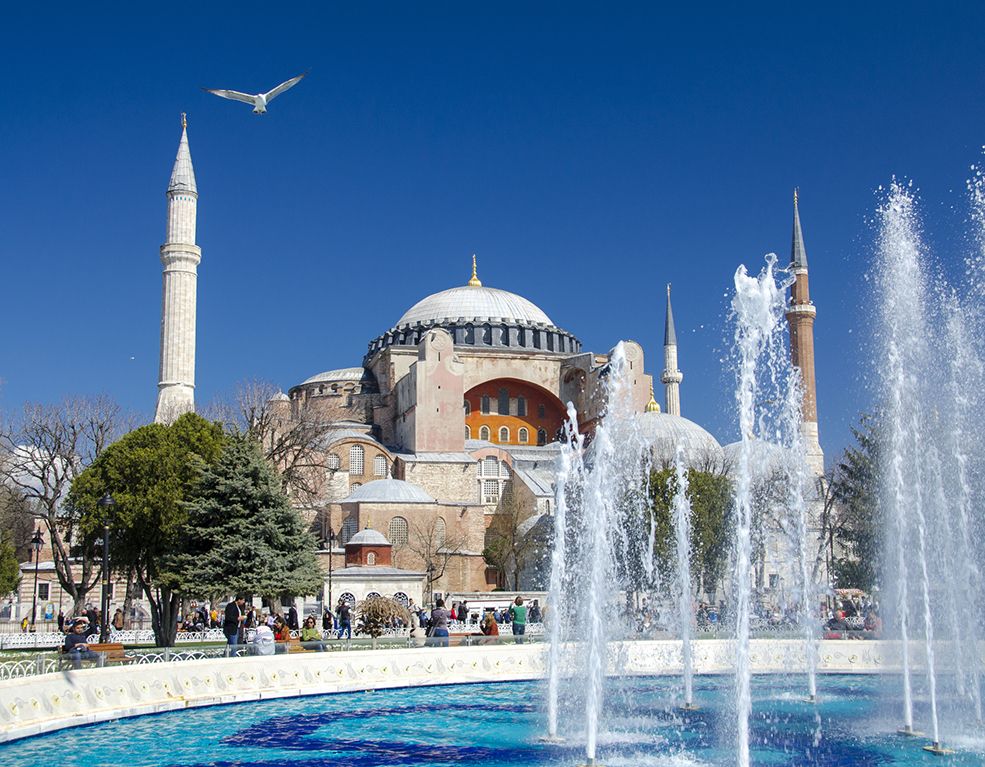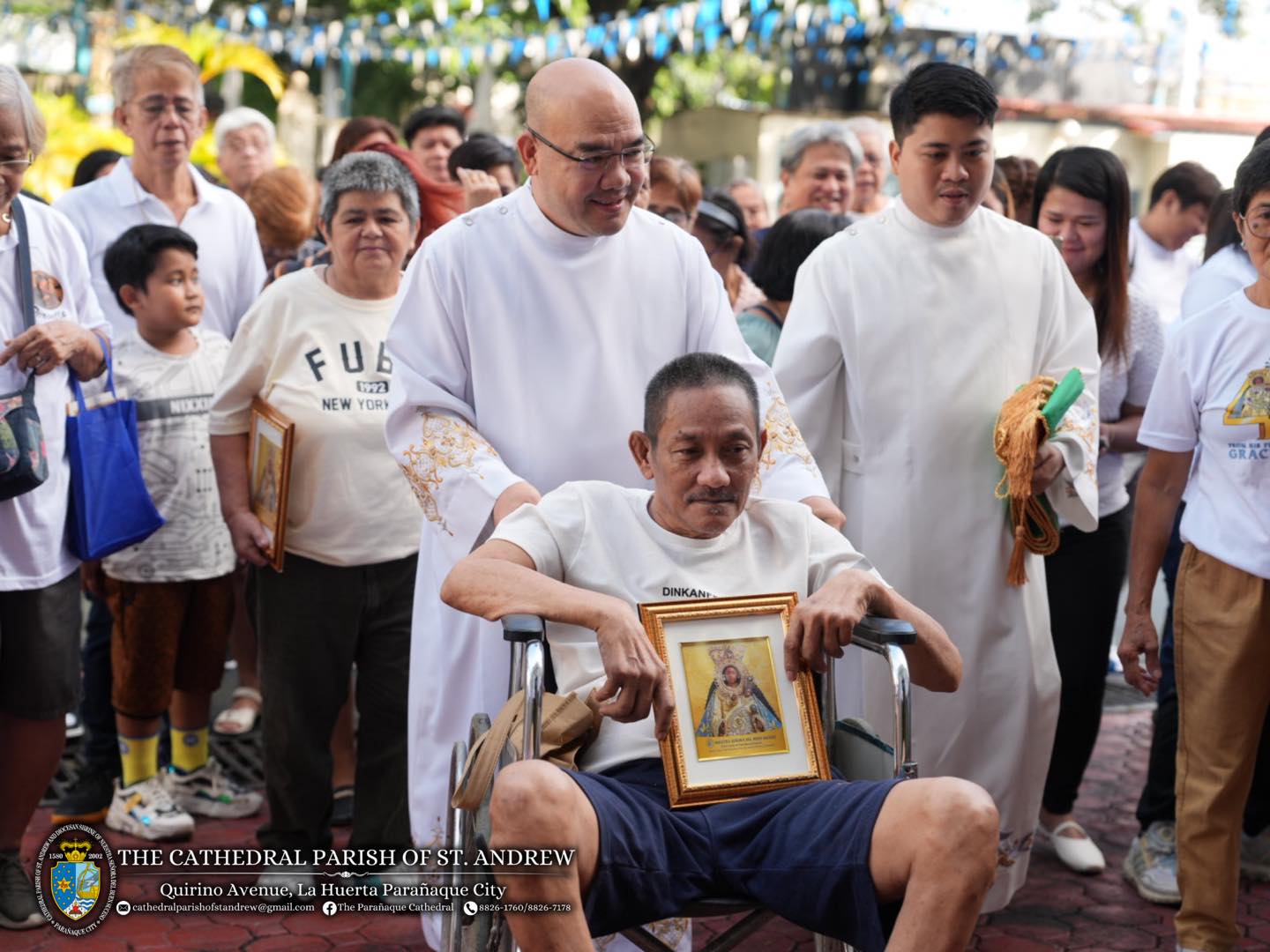The mighty assistance that Artificial Intelligence has brought to agriculture, health, education, and economic growth remains unquestioned today. Farmers are greatly assisted by its weather predictions. It renders monumental service in the field of healthcare. Its algorithms hastened vaccine production for COVID-19 during the recent pandemic.
The instruments it has developed can diagnose cancer with 97% accuracy, collecting, organizing, and analyzing information better than humans. Robots guided by it are in active service on the factory floor. It can gradually take over all mechanical, repetitive, and burdensome production tasks with no limit to the volume in time to come. Autopilots under its guidance already fly many commercial planes.
Artificial Intelligence-driven robots, again, can check accounts, recognize criminals, and assist law-enforcing authorities in various ways like speedy identification of phones, bank accounts, and apartments. More than anything else, it has enormous storage capacity for information and the ability to get things done at unbelievable speed. There is no doubt that the accumulation of information and the improvement of Big Data will change the life of human society. It is fast doing so.
But the possibility remains also of such effective tools being made instruments of disinformation and manipulation; coercion, domination, or commercial exploitation. There should be society’s control over all Artificial Intelligence systems and their algorithms. A sense of communal responsibility must be awakened.
ABUSE OF ARTIFICIAL INTELLIGENCE
Today, to a great extent, the market has taken control of many instruments developed by Artificial Intelligence, making enormous profit. Information-providers and communications-facilitators make the most. Having studied the past market behavior of customers, they make predictions about the future: observing purchases, preferences, likes, and dislikes. Knowing people’s behavior, they move on to shape people’s tastes and condition their behavior to further their market.
A gradual awareness is growing that information-providers seek to lead their customers to news-addiction, and even drive them to wasteful and damaging interests. From the enormous stock of knowledge they have gathered about individuals, they exercise power over them, without the people concerned being fully aware. And the victims cheerfully surrender to this domination and even ‘pay’ for it for the sake of retaining access to the information they desire.
The new form of capitalism takes advantage of the knowledge of every aspect of citizens’ lives, gathered from their digital records: their reading habits, tastes, interests, desired purchases; recorded interactions, exchanges between friends, family members; feelings expressed in intimate settings, love, exaltation, frustrations, anger, and hatred. While those who control information technology speak of the ‘empowering web,’ they enslave their customers. Even the advocacy programs they propose are turned to commercial purposes. Their operations remain beyond the average man’s knowledge.
Media magnates sell the data they have gathered about their customers to hotels, hospitals, and sales agents, who, in turn, take advantage of their needs, preferences, weaknesses, and wayward tastes. Young people who get addicted to their entertainment programs slavishly submit to their tempting offers and get misled. Watching the idealized youth models placed before them, some develop a negative self-image, or move to decreased life satisfaction. Some even commit suicide.
Meantime, these AI-managing companies earn stunning sums, and inequalities keep growing at the global level. They would like to keep their field of action beyond legal restrictions, claiming to render much-needed services several times faster than the government. The sad reality is that the way private agencies take advantage of average citizens, an irresponsible government can exploit them even more forcefully in the name of rule of law, national security, crime control, civil discipline, or planned development. Meanwhile, cybercrimes like hacking have begun to cause anxiety to the government, private companies, and average citizens.
PROPOSAL FOR SELF-REGULATION
Time has come for a sense of universal responsibility to be awakened and ethical consciousness of society to be stirred to action. ‘Self-regulation’ is suggested as a first step in an area where the speed of technological development outpaces ethical thinking. Others insist that the problems of technology should be solved by technology itself. However, it is not technology that will need to be regulated, but its designers, producers, distributers.
Public trust must not be abused by AI-managing companies whose style of operation remain inaccessible to the users. Transparency is the first rule that must be made effective. If individual citizens have partly surrendered their privacy-concerns to media giants to have access to information, it must be reciprocated by reporting in what ethical manner such data are being used. Excessive intrusion into personal lives and instrumentalizing and monetizing personal behaviour must be prevented. The present unprecedented asymmetry of knowledge and power must not be allowed to perpetuate itself.
PHILOSOPHICAL CONSIDERATIONS
Unfortunately, AI-guided smart systems can be used to control people’s lives, specially those who are eager for information. This is a case of many people opting for ‘utility’ as against ‘self-determination.’ But intelligent and responsible beings must not surrender to smart systems nor condone unethical social engineering. They should not allow themselves to fall victims to criminal forces, partisan political groups, or profiteering corporations. Aristotle considered the human being a ‘political animal,’ in search of the common good, justice, and beneficial community living. Emmanuel Kant considered it wrong to ‘instrumentalize’ human beings for ulterior purposes.
It would be wrong to attribute to a man-produced AI instrument a human personality, consciousness, the power of reflection, of independent judgement, ethical evaluation, a sense of social responsibility, and far-sighted planning. It has only those operational competencies placed into it by its designers. Nothing more.
Therefore, responsible citizens cannot allow AI algorithms to decide issues of the ‘common good’, especially in today’s constantly changing situations. The social benefits they provide must be evaluated on the criteria of universally recognized values.
While AI can help to modernize market-economies, solve climate-change problems, improve health care and medicine, and offer several other social services, it must safeguard democratic and egalitarian values in society as well. The development and use of AI must be placed in conscientious hands that hold themselves accountable to society and respect human rights from every point of view.
A REGULATING AUTHORITY
Some agencies resist the regulation of AI in the name of not constraining science, competition, and profits. This position cannot be accepted. Regulation is required, for example, to safeguard privacy, civil rights; and political, economic and cultural rights. Civil society must be allowed to play its legitimate role. Even though self-regulation is a greatly desired goal, it must be complemented by an independent oversight body.
Though privacy protection is very important, it must not harm other human interests. There should be redress for the consumer. There should be transparency of algorithms, of training, and of data. Human dignity should be respected from every point of view. Adopting a realistic approach, a multi-disciplinary perspective will greatly help, which, for example, takes into account the finding of disciplines like neuroscience, evolutionary psychology, behavioral economics, ecological and social concerns, and philosophical and religious principles.
A CONSENSUS APPROACH
The present tools and instruments of AI reflect the values, beliefs, and business methods of their architects and constructors. Their contribution should be appreciated, even though some interested parties have taken things to exaggerations for their own benefit. AI undoubtedly has helped us to democratize technology and creativity. However, technicians, scientists, producers, and regulators can be invited to work with civil society to develop practical norms for environmental protection, common good, and the long term benefit of humanity. As AI evolves faster than regulatory efforts and technical knowledge, it can violate citizens’ rights and damage their trust. That is where an effort towards a consensus-processes can be initiated.
UNESCO members have agreed to regulate research, design, development, deployment, and use of AI instruments. They have suggested that women and minorities should be among the designers so that their interests may be respected. Other norms proposed are for the proper management of data, privacy, and access to information; sensitive data to be handled sensitively; AI not be used to harm children. We need to remind ourselves that while imparting digital and media skills to the younger generation, socio-emotional skills and AI ethics should be imparted; critical thinking should be encouraged.
There is general agreement, in any case, that not only performance and profit must be taken into account, but environmental, social, cultural, political, legal, and practical aspects of the entire issue must be given attention. Moderating regulations must be enforced. A new ‘Social Contract’ that ensures transparency, and fairness and protects responsible governance structures should be enforced. Power and information asymmetries must be addressed. All stakeholders must conform to rules as AI operators themselves. A new ‘Rule of Law’ for new digital frontiers must be developed. Humanistic principles must always prevail. For, building a common future for humanity is the most exciting mission in the world.






